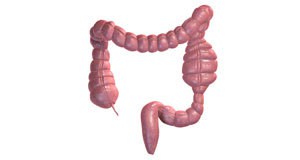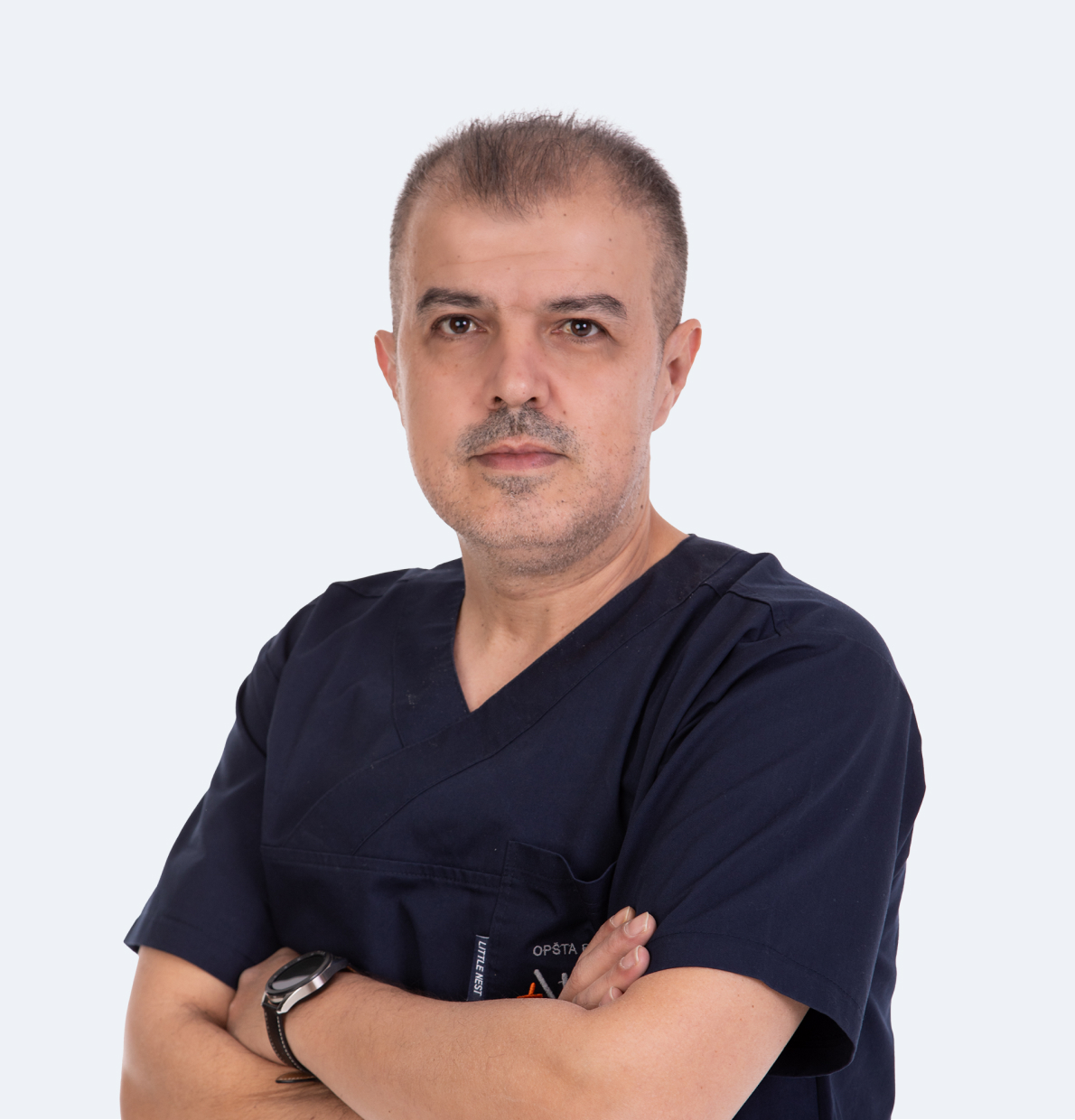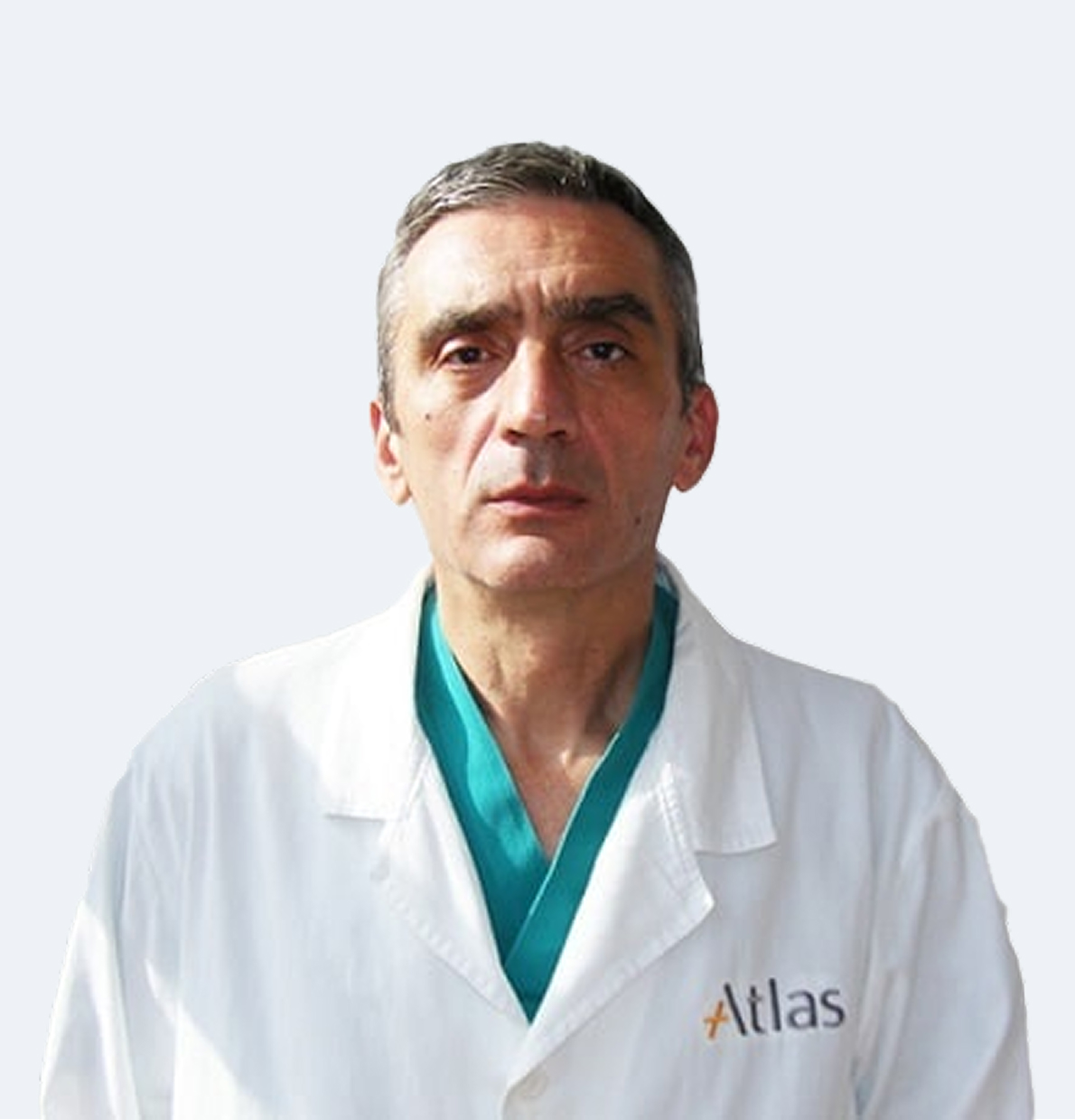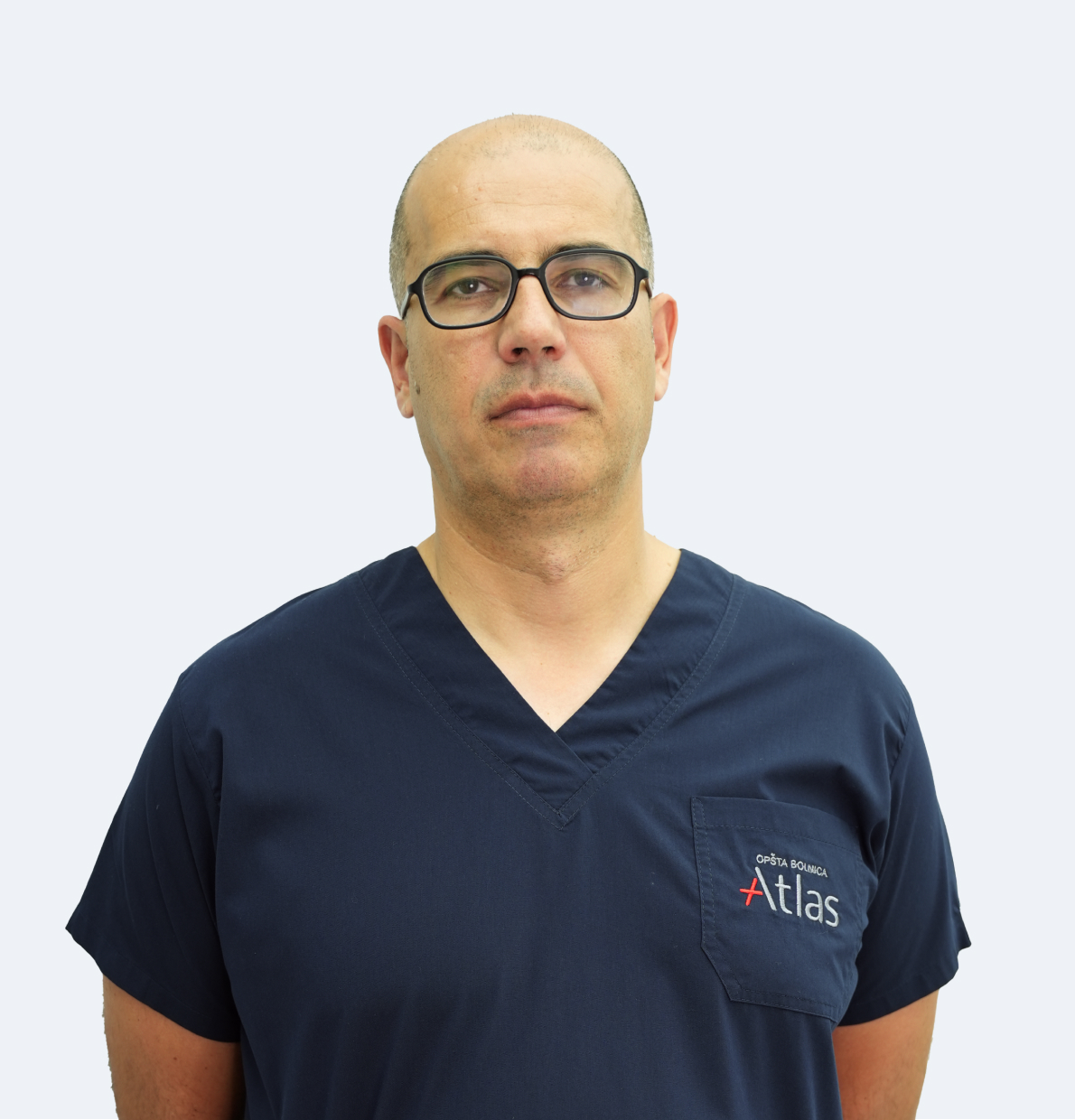The ileum (last part of the small intestine) connects to the caecum (first part of the colon in the lower part of the abdomen).
It is about 2 meters long and has changeable diameter. The colon removes water, salt and some nutrients forming stool. Muscles line the colon’s walls, squeezing its contents along.
Millions of bacteria coat the colon and its contents, living in the healthy balance with the body. It takes the content from the small intestine from which it absorbs water and salts.

Besides that, it collects undigested leftovers and turns them into faeces through fermentation and decay.
The colon also contains the huge number of bacteria which have the ability to synthesize vitamins which are then absorbed by the organs.
The colon is the essential organ in the body responsible for the process of detoxication.
A healthy body has a natural ability to eliminate from the body toxins and harmful substances such as bacteria, pesticides, nutritional additives, environmental pollutants, drugs, chemicals,etc.
The colon is the body’s first defense line.
However, our internal process of detoxication may be easily destroyed due to excessive exposure to the environmental pollutants in the air,food and water, wrong diet as well as lack of adequate fiber intake, excessive use of alcohol and caffeine, stress, lack of physical exercise and excessive use of antibiotics and other drugs.
When internal process of detoxication is destroyed ,toxins circulate freely in the blood instead of being eliminated through the colon, which results in diseases of digestive organs and leads to other serious health problems.
For regular maintenance of healthy intestines, it is very important to follow a diet rich in unprocessed food, fiber Psyllium, fruit and fruit juices and good proteins such as lean meat, fish, beans and leguminous plants, complex carbohydrates,i.e. fresh vegetables and whole grains.
Besides diet, it is very important to have regular stools (twice a day to three times a week).
Constipation is defined as infrequent difficult and hard stools.
Sporadic constipation is not serious but if it becomes chronic it is necessary to determine the cause. The most frequent cause of constipation is a diet poor in fiber and insufficient liquid intake during the day as well as excessive consumption of alcohol or drinks rich in caffeine.
Apart from that, sedentary life, immobility, lack or absence of physical activity have a negative impact on the bowels and lead to constipation.
The main symptoms of the disease include:blood in the stools, pain in the abdomen, irregular stools, weakness and anaemia.
Prevention as in all diseases is most important and gives good results. This includes colonoscopy which is routinely carried out in our hospital.
The current recommendation is that everyone should have their first colonoscopy at age 50.
Besides tests, prevention also includes healthy diet rich in fruit and vegetables;red meat,refined sugar and flour should be avoided.
However, it is important to increase the amount of fiber rich food because it helps the elimination of undigested food from the colon.
Taking more liquid,especially water which prevents constipation and stimulates the intestines to remain active is of great importance too.
One of the important measures of prevention is regular physical activity at least five times a week as well as avoiding bad habits such as smoking.
Regular physical activities reduce blood pressure.
How is this procedure carried out?
Colon cancer is diagnosed by using endoscopic methods and biopsy.
Radiological examinations such as irrigography and tumor markers are also used.
Preparation for colon surgery begins a few days prior to the procedure.
Most patients have already undergone colonoscopy or barium enema- two tests used to diagnose colon disease.
An abdominal CT scan may also be ordered as well as blood tests,a chest x- ray and an ECG.
The colon is emptied as much as possible to reduce the risk of infection during surgery. Two to three days prior to surgery, a soft or semi-liquid diet is ordered.
All patients go on a clear liquid diet 24 hrs before surgery and nothing should be taken by mouth after midnight.On the day before surgery,patients are asked to drink a laxative solution. The treatment consists of radical remove of the tumor with a portion of the colon and the local lymph glands.
After the operation,a patient usually stays in hospital for 7 days. A diet rich in albumines and vitamins without too many spices is recommended.
Post-operative recovery lasts about six weeks.










